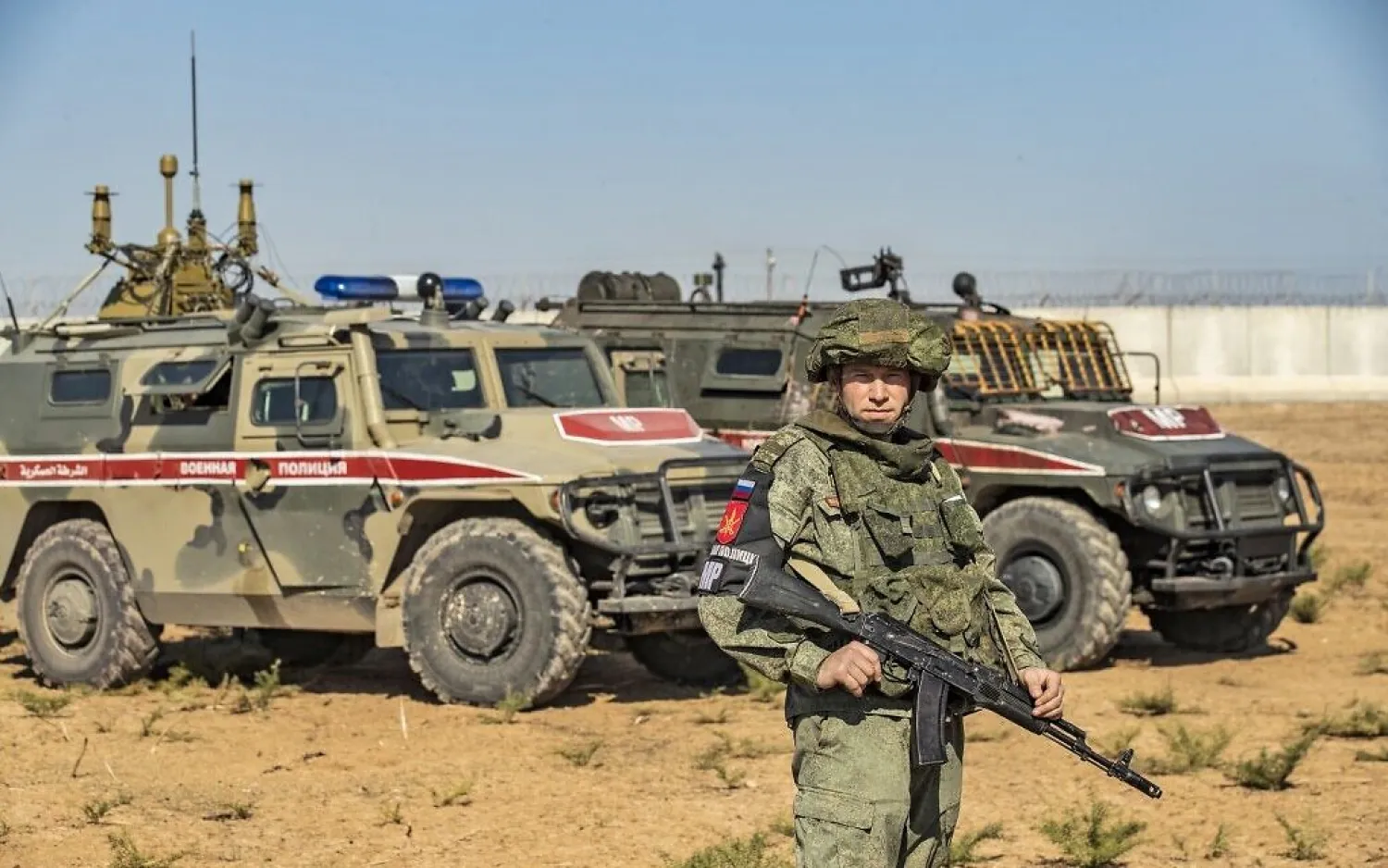Russian Defense Minister Sergey Shoigu’s surprise visit to Damascus on Monday where he held talks with regime leader Bashar Assad on the Idlib ceasefire, carried several implications.
He deliberately flew to the Syrian capital escorted by Sukhoi Su-35 fighter jets, in what was seen as a message to the Americans and Israelis and Damascus and what Russia described as a “business trip.”
A defense ministry statement said he held talks with Assad on the Idlib ceasefire and mechanism to implement the Russian-Turkish agreement, but it was clear that the Russian official with direct influence in Syria was there to deliver a firm message, saying Moscow would no longer tolerate any more violations of the agreements it signed with Ankara.
This message was made clear after Damascus recently implied it would resume fighting to assume full control of the M4 highway linking Aleppo to Latakia.
Moscow is keen on avoiding a “provocation” that could threaten its joint working mechanisms with Turkey, particularly since the situation has been calm in recent days. The two sides have taken practical steps to implement the ceasefire agreements through carrying out joint patrols on the M4 highway in Idlib in the northwest.
Moreover, Russia has in recent days eased its campaign against Turkey after tensions between them in Syria threatened to bring them towards a direct clash. Tensions are now blamed on “terrorist forces that are not controlled by Turkey.”
Ankara pledged to decisively deal with these groups, while Moscow has taken it upon itself to “break the enthusiasm of the Syrian regime, which felt the euphoria of victory.”
Several experts doubted that Shoigu’s visit was simply limited to discussing Idlib, especially since it was his first visit to Damascus since March 2019. They told Asharq Al-Awsat that he most likely addressed the “post-Idlib agreement phase” with Syrian officials.
Talks did not discuss areas under Kurdish control, which would be dealt with as part of a broader agreement that pleases all sides.
“Moscow might be working on developing a new idea or proposal to push forward reconciliation between the Kurds and Damascus and to place new measures in eastern Syria that would be acceptable to Damascus, Ankara and the Russia,” the experts said.
They said Shoigu also discussed the coronavirus with Syrian officials, as Moscow fears that Damascus might be underreporting the outbreak.









